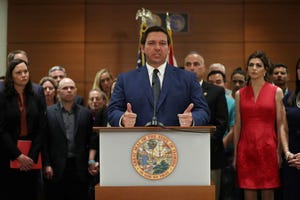Bipartisan House Bill exempts farms from reporting emissions
March 15, 2018

A bipartisan bill to exempt farmers from reporting to the U.S. Coast Guard emissions from the natural breakdown of manure on their farms was introduced yesterday in the U.S. House. The National Pork Producers Council strongly supports the legislation, which is similar to a bipartisan bill introduced last month in the Senate.
Sponsored by Reps. Billy Long, R-Mo., and Jim Costa, D-Calif., along with 85 cosponsors, the “Agricultural Certainty for Reporting Emissions Act,” H.R. 5275, would fix a problem created last April when a U.S. Court of Appeals rejected a 2008 U.S. Environmental Protection Agency rule that exempted farmers from reporting routine farm emissions under the Comprehensive Environmental Response, Compensation and Liability Act.
CERCLA, more commonly known as the “Superfund Law,” is used primarily to clean hazardous waste sites but also includes a mandatory federal reporting component.
The appeals court ruling could force more than 100,000 livestock farmers to “guesstimate” and report the emissions from manure on their farms to the Coast Guard’s National Response Center and subject them to citizen lawsuits from activist groups such as the Humane Society of the United States.
“America’s pork producers are grateful to Congressmen Long, Costa and their 80 colleagues for introducing legislation to fix this problem,” says NPPC President Jim Heimerl, a pork producer from Johnstown, Ohio. “Routine emissions from hog manure do not constitute a ‘hazardous’ emergency that requires the Coast Guard to activate a national cleanup response.
“EPA exempted farms from CERCLA reporting because it knew responses would be unnecessary and impractical. We need to have that exemption reinstated, and NPPC calls on the House and Senate to pass their respective commonsense, bipartisan bills as soon as possible.”
The appeals court’s April decision originally set a Nov. 15, 2017, deadline for as many as 200,000 farms to report emissions. After petitions from the EPA — supported by NPPC motions — the court twice delayed that deadline, with the most recent postponement until May 1.
Some farmers tried filing reports Nov. 15, but the Coast Guard’s NRC system was overwhelmed. In some instances, NRC operators refused to accept reports for more than a single farm per call because they didn’t want phone lines tied up, and in one case, an operator sent notices to more than 20 state and federal response authorities, including the Department of Homeland Security, the Centers for Disease Control and Prevention and a state police agency, after receiving a report.
“The pork industry was prepared to comply with the reporting mandate,” Heimerl says, “but EPA, the Coast Guard and state and local emergency response authorities said they didn’t want or need the information, which could have interfered with their legitimate emergency functions.”
About the Author(s)
You May Also Like



